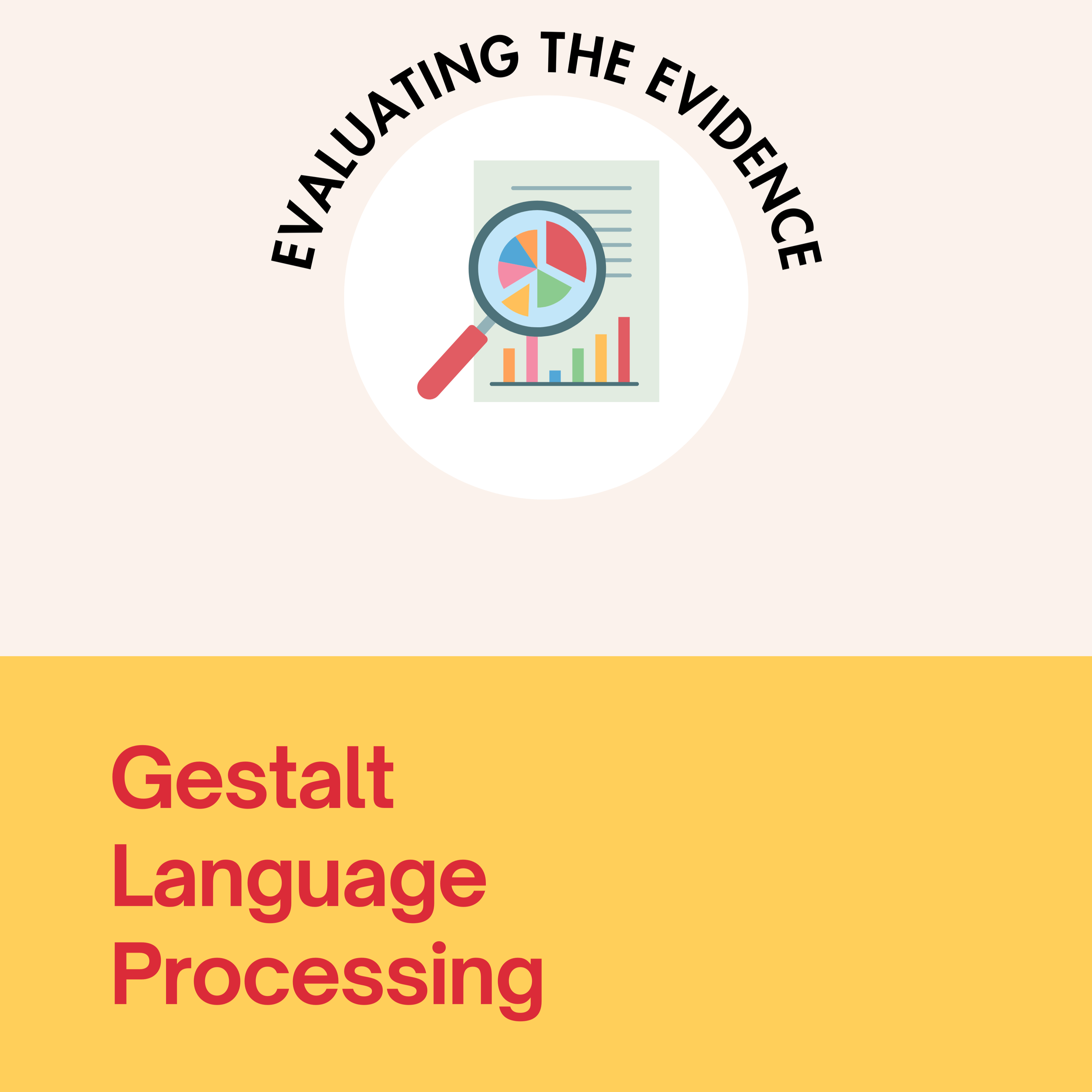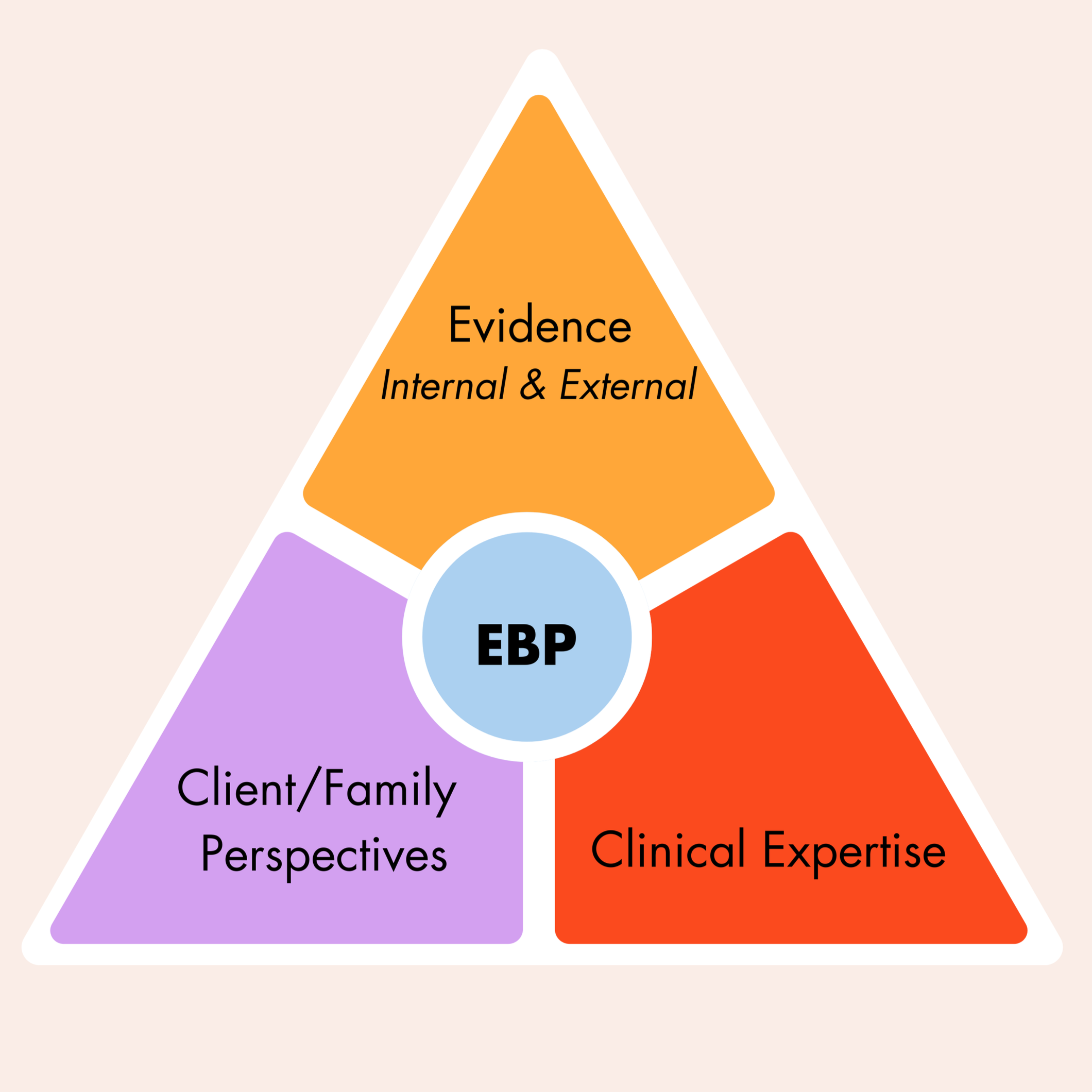Late Talkers: “Wait and See” Isn’t Best Practice
Late talkers are common, but research shows we cannot reliably predict which children will outgrow delays and which will face ongoing challenges. Instead of focusing on predicting whether or not a child will “catch up” the evidence points to a more effective path: responsive support. By scaling services based on family priorities, functional impact, and cumulative risk factors, we can provide the right level of help at the right time—without pathologizing normal developmental variation.
What are Natural Developmental Behavioral Interventions (NDBI)?
Naturalistic Developmental Behavioral Interventions (NDBIs) offer a research-backed alternative that genuinely bridges evidence-based practice with neurodiversity-affirming principles. These interventions follow the child's lead, embed learning in natural contexts, and respect diverse communication styles while maintaining rigorous empirical support (Schreibman et al., 2015).
Open-Ended Toys: The Key to Supporting Language Development
Open-ended toys such as blocks, play dough, and dramatic play props provide richer language learning opportunities than closed-ended or high-tech toys. By encouraging symbolic thinking, pretend play, and flexible use, these materials naturally support complex vocabulary, narrative skills, and social communication—key foundations for academic success. Research consistently shows that open-ended play fosters more robust language and cognitive growth.
The Evidence Gap: What Speech-Language Pathologists Need to Know About Gestalt Language Processing
Gestalt Language Processing (GLP) and Natural Language Acquisition (NLA) have gained significant popularity among speech-language pathologists and families, proposing that many autistic children learn language by starting with whole phrases ("gestalts") and gradually breaking them down into smaller units. The review highlights important questions about theoretical foundations and clinical recommendations, emphasizing the need for evidence-based practice and transparent communication with families about what research does and doesn't currently support.
Understanding Levels of Research: A Guide for Speech-Language Pathologists
Not all research provides equal evidence for clinical decision-making. This comprehensive guide breaks down the research hierarchy from systematic reviews and meta-analyses at the top to case studies at the bottom, helping SLPs identify which studies should carry the most weight in evidence-based practice. Learn about the unique considerations in our field, including the importance of single-subject designs and the reality of working with limited research compared to other healthcare disciplines. Includes practical resources and critical appraisal tools to help you systematically evaluate study quality and make informed treatment decisions based on the best available evidence.
Making Evidence-Based Practice Work in the Real World
Bridging research and real life starts with learning how to hold evidence, expertise, and values together.
Why Preschool is a Critical Window for Language and Literacy Intervention
Preschool years aren’t just early intervention- they’re critical. Learn why the preschool years matter so much for language, literacy, and long-term success, and how early support changes outcomes.
Language is the Foundation of Learning
Language development isn’t just about milestones—it’s about building a system for thinking, relating, and learning. Early intervention gives us the opportunity to build a strong foundation during the most powerful developmental window: ages 0–5.









